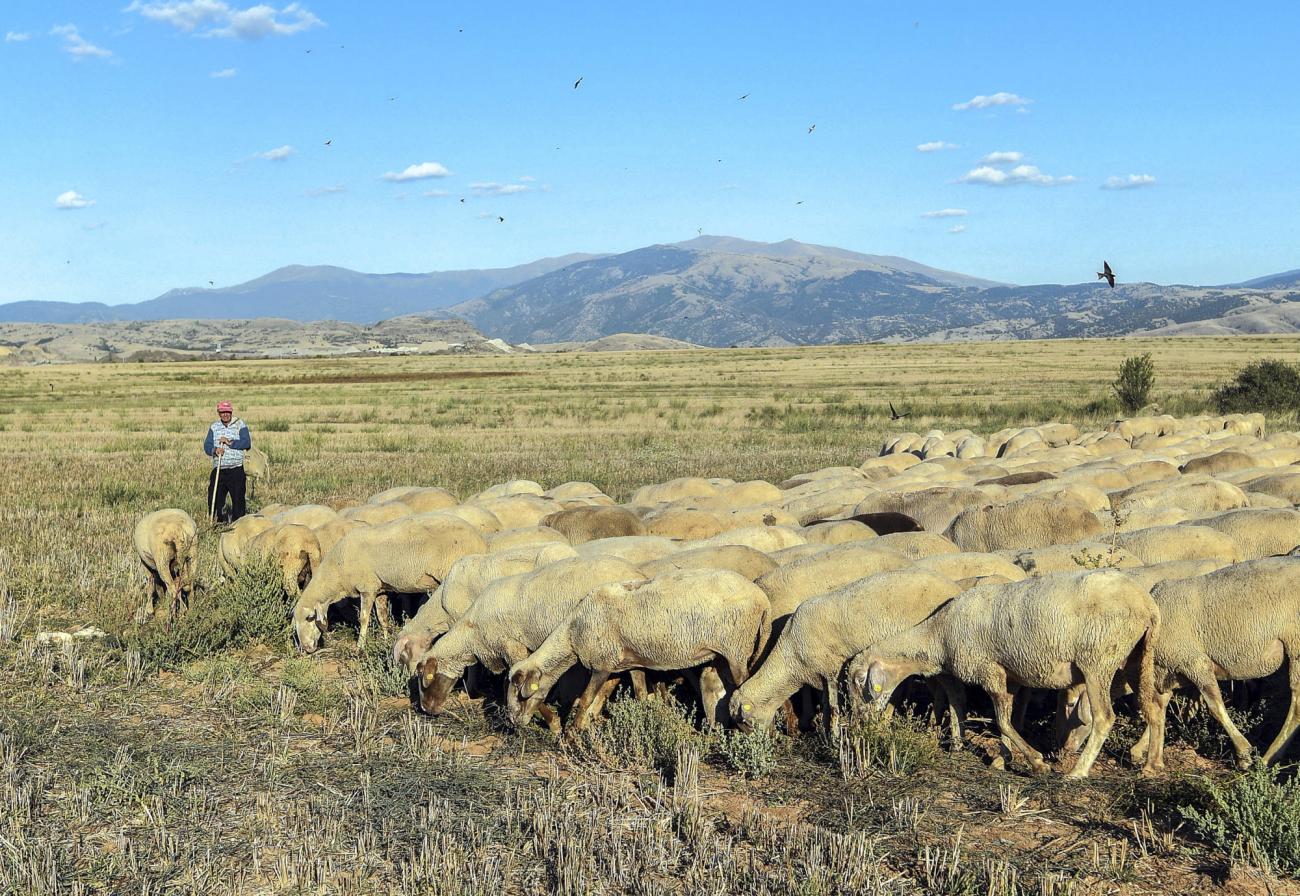After the successful implementation of the first phase of the process for upgrading the existing veterinary information system in accordance with European Union standards, the Food and Agriculture Organization of the United Nations (FAO), the Ministry of Agriculture, Forestry and Water Economy and the Food and Veterinary Agency, today started the second phase of the process, through a new FAO project. The goal of the new project is the transfer of new veterinary information software, equipped with new modules and functionalities, in use by the Food and Veterinary Agency.
The animal identification and registration system is an important part of the food safety chain. It enables the rapid and timely recording, analysis and use of animal data by various stakeholders, including information on their birth and origin, vaccination status, health status, diseases - in case of occurrence and documenting the complete cycle of the animal from farm to table, which ensures the delivery of safe food to consumers.
While the first phase focused on the development of the technical documentation for the upgrade of the existing veterinary information system at the Food and Veterinary Agency, based on the already successful software developed by FAO in Georgia, the second phase will focus on the transfer of the system and the addition of new modules and functionalities, and configuring it for use by the Agency. The new modern, sustainable and long-term solution will open up new opportunities to improve animal traceability and improve food safety, which is crucial for maintaining public health, animal health, food safety and access to international markets.
During today's project launch meeting, the Minister of Agriculture, Forestry and Water Economy, Ljupcho Nikolovski, emphasized that improving the response of agriculture to society's demands for the health aspects of food, including animal welfare, is of strategic importance for the agricultural sector, including the obligation to harmonize national animal welfare and food safety legislation with European Union standards. "Efficient and modern identification and registration of animals is a prerequisite for modern animal health management, livestock production, improved competitiveness and access to global markets," he said.
The veterinary information system of North Macedonia was developed more than 12 years ago and is adapted exclusively to the domestic circumstances and legal framework. It is outdated from both, technological and legislative perspectives due to the continuous evolution of EU legislation and the ongoing approximation to the EU, especially the EU Regulation 2016/429 "Animal Health Law". Hence, there is a need to improve the system and align it with EU standards.
The Food and Agriculture Organization of the United Nations has developed successful projects for the establishment of veterinary information systems worldwide, making it one of the leading organizations in the area. At the request of the Macedonian Government, the improvement of the existing veterinary information system will be carried out with FAO’s technical support, with the aim of achieving a fully harmonized solution with EU standards.
We are happy to be able to share our experience with North Macedonia in improving the Animal Identification and Registration System and we look forward to fruitful cooperation with the Government and all stakeholders to contribute to the improvement of public health, animal health and food safety, in accordance with the EU standards’’ - said Nabil Gangi, FAO’s Deputy Regional Representative for Europe and Central Asia and Head of the FAO office in North Macedonia.
"We recognize the paramount importance of upgrading the Veterinary Information System in North Macedonia to align with the EU’s approximation requirements. This modernization will not only enhance our ability to ensure the health and welfare of animals, but also facilitate smoother trade in animal products with EU member states. It is a crucial step towards achieving harmonization with EU standards and strengthening our country's position in the international market" - said Vanja Kondratenko, Head of the Department for Health Protection and Animal Welfare at the FVA.
The project is part of the FAO Technical Support Program and will be implemented in close cooperation with FVA, MAFWE and other stakeholders, over a period of two years.





